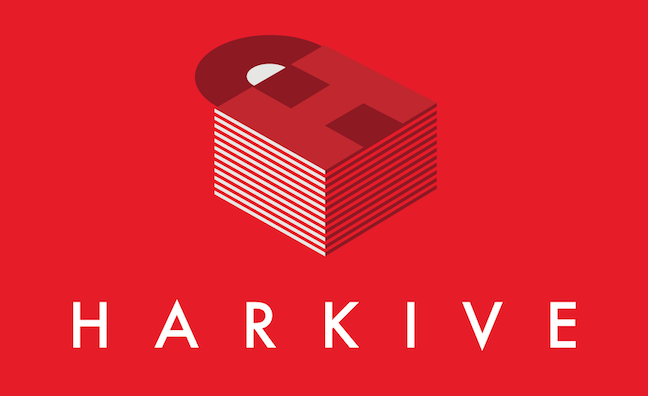Annual online music listening research project Harkive returns tomorrow (Tuesday, July 19) for a fourth year.
The project, which looks at popular music listening in a fast-changing digital world, invites music fans to describe how, where and why they listen to music across a single day as it continues to chart the modern-day popular music experience. Elements of the data collected by the project are now available to developers and analysts via a new, open API.
Since launching in 2013, the project has collected over 8,000 unique stories from around the globe. Those taking part may contribute their stories in a number of ways, either by posting to social networking sites such as Twitter, Facebook, Instagram and Tumblr using the #harkive hashtag, or by emailing the project directly. Contributions gathered this year will be visualised in real-time on the project website, and available to developers through the Harkive API.
Example contributions from music industries professionals working in numerous fields have been posted to the project blog in the run-up to the big day. Andy Inglis of 5000 Music Management, Claire Gevaux from UK music charity Help Musicians, Kerrang! Radio DJ Johnny Doom, and the staff at vinyl manufacturer Key Production are amongst those contributing stories.
Tomorrow, the project expects to see reflections from fans on the rapid emergence of machine-driven curation systems. “The past year has been really fascinating in the streaming music space, particularly in terms of automated recommendation services,” said Harkive's Craig Hamilton.
“Spotify launched their Discover Weekly Service shortly before we ran our project last year, and its been a huge success for them. Machines that provide genuinely useful, personalised music recommendations are fast becoming part of our everyday experience. Seeing how that sits alongside more traditional modes of listening, like vinyl records, radio, and so on, is going to be extremely interesting for us this year.”
Hamilton, an AHRC-funded PhD candidate at Birmingham City University, spent 20 years working in the music industries, in retail, the live sector and in digital distribution, as well as working as a musician and songwriter, most notably recording two BBC Radio 1 sessions for the late John Peel. He is also a visiting lecturer at the same institution, teaching on the Music Industries strand of the University's undergraduate degree programme.









